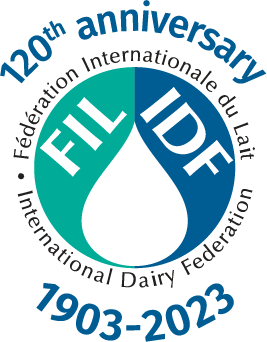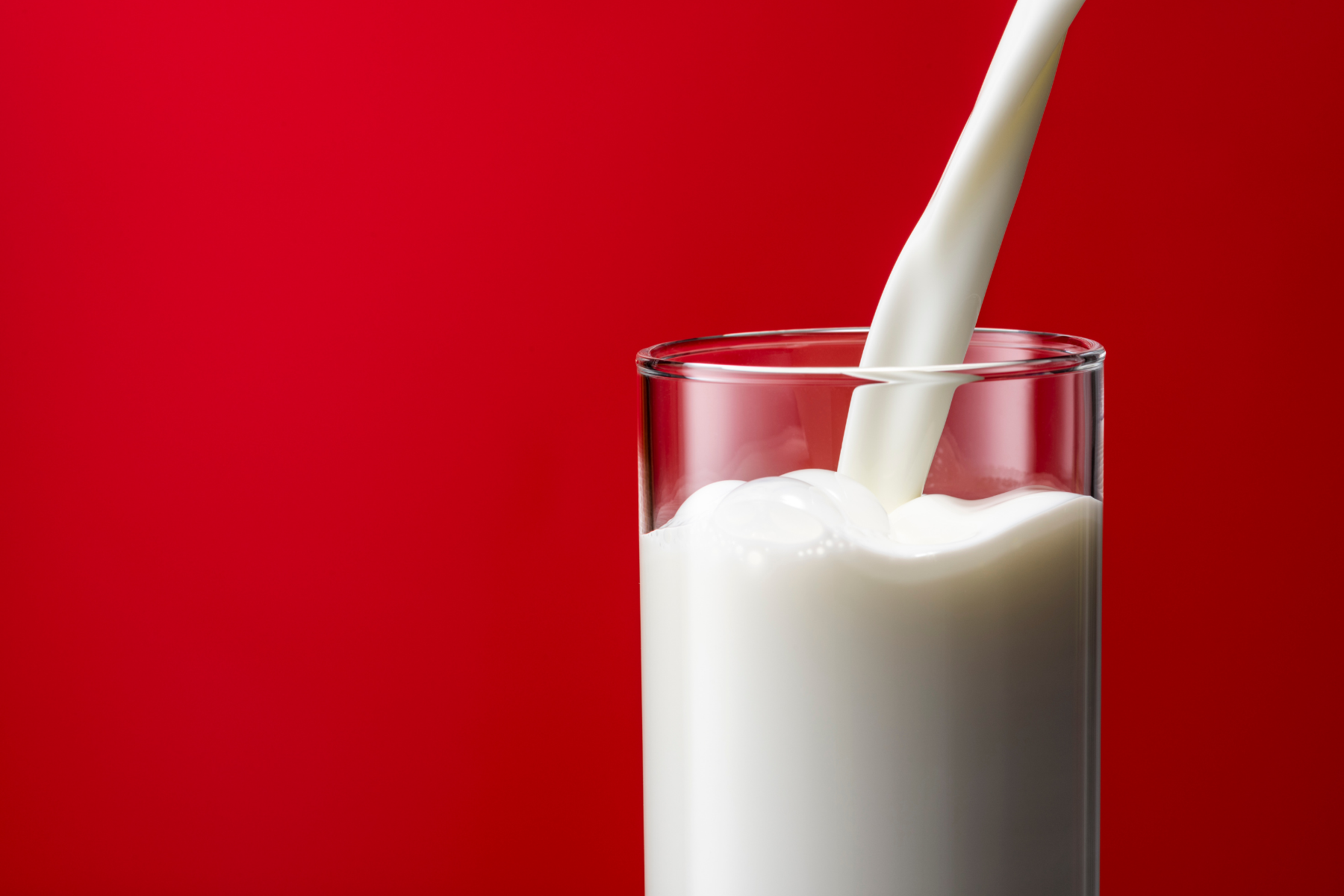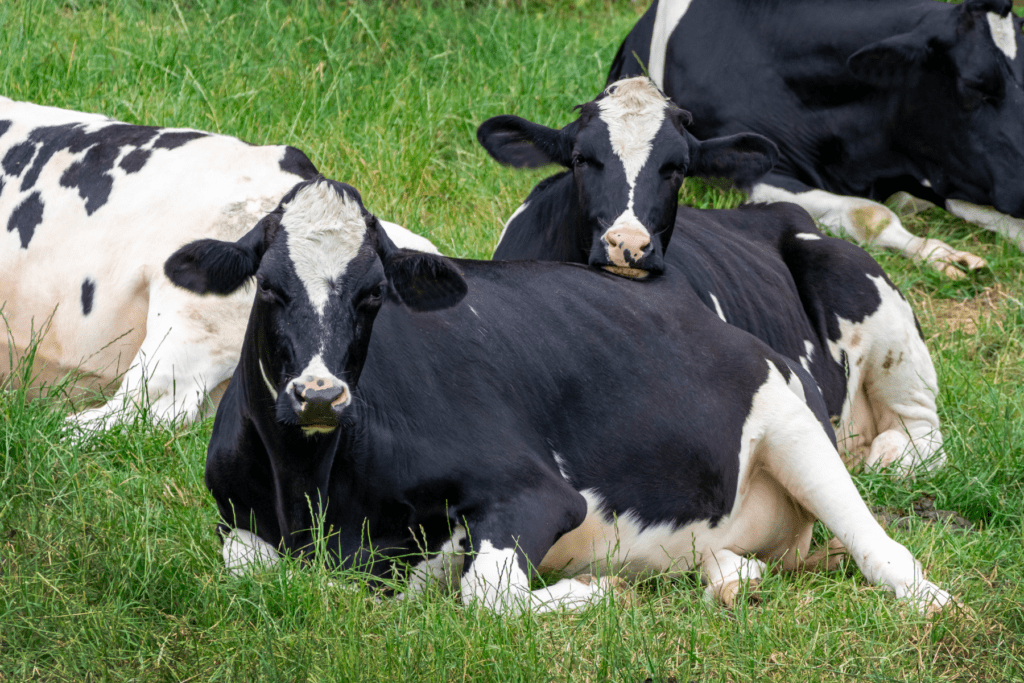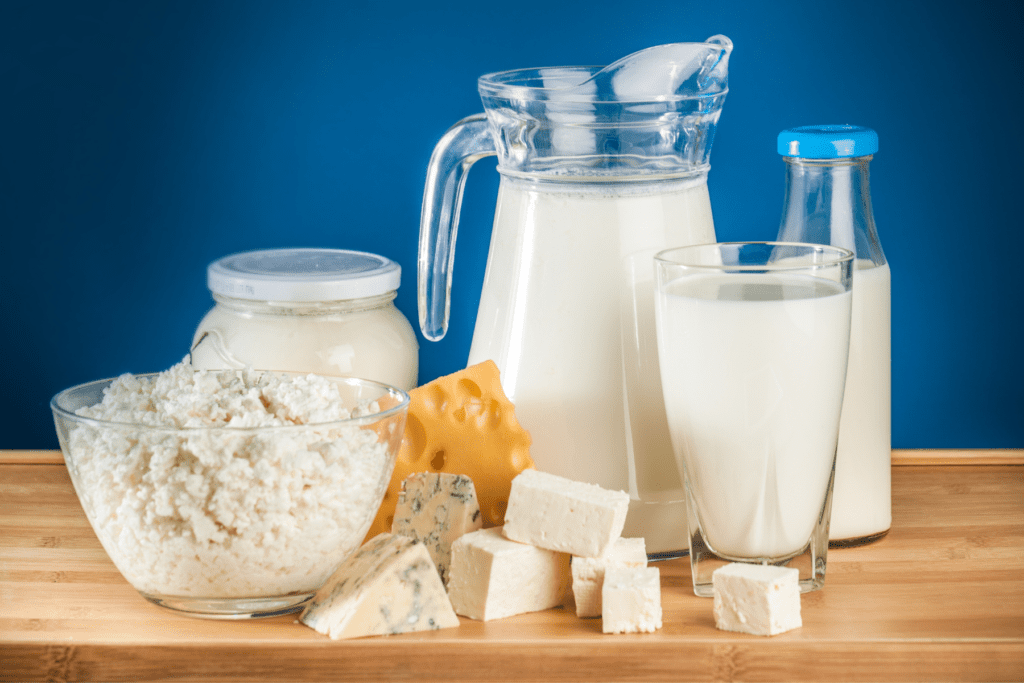Last week the Belgian Superior Health Council (SHC) confirmed that milk and dairy products deserve a place in a sustainable diet.
Moreover, based on the latest insights into healthy food and sustainability, the SHC recommends an increase in the consumption of milk and dairy products. In a new recommendation, Belgium’s Superior Health Council advises the consumption of between 250ml and 500ml of milk and milk products per day. Too low milk consumption is identified as a risk factor for nutrition-related health problems.
The report refers to the Gezondheidsraad (Health Council of the Netherlands) which states that the consumption of dairy is associated with a lower risk of colorectal cancer and the consumption of yogurt with a low risk of diabetes. Responding to the new guidelines, IDF National Committee President for Belgium Renaat Debergh commented: “According to the most recent available data, the average Belgian consumes an average of 177 grams of milk and dairy products per day. In other words, the recommendations of the Superior Health Council can equate to doubling current consumption.” Most encouragingly, the advice of the SHC no longer focuses on the individual nutrients, but on the effects of foodstuffs. “After all, we do not eat separate nutrients, but we do eat food: we do not consume calcium, but drink milk,” said Mr Debergh “The health effects of foods as a whole often turn out to be different from those of the nutrients they contain. For example, it has been scientifically confirmed that the health effect of cheese is better than the individual nutrients suggest.”
The shift from scientific attention from individual nutrients to whole foods has other implications. For example, the SHC states in its opinion: “the results of research on the health effects of milk and dairy products cannot simply be extended to vegetable juices. Consequently, none of these alternatives is considered equivalent to milk as regards their effects on health (Vanga & Raghavan, 2018).” The guidelines are available in full on the Health Belgium website.














